Companies to introduce sustainable, traceable, non-GMO CleanCRUSH™ soy ingredients with novel benefits for salmon production
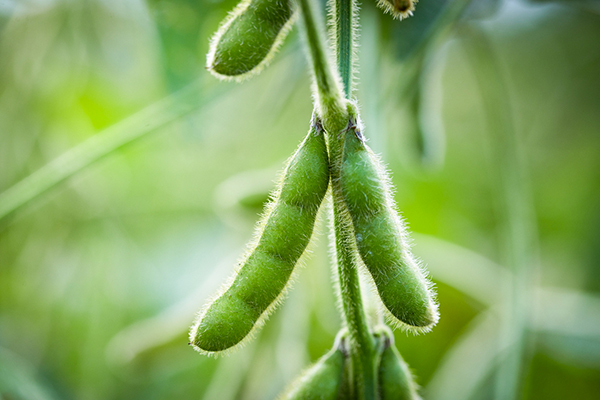
Benson Hill, a food tech company unlocking the natural genetic diversity of plants, and Denofa, the leading protein producer in Scandinavia, are partnering to introduce sustainable soy protein ingredients into the Northern European aquaculture feed market.
Northern Europe serves as the world leader in salmon aquaculture. Over half of the production is based in Norway, where Denofa owns a port and extensive infrastructure. Through collaboration, the two companies plan to deliver sustainable, traceable, non-GMO soy ingredients with novel benefits to serve the region.
“The European aquaculture market is growing rapidly, and Benson Hill’s proven performance soy ingredients will be an important ingredient in fish feed,” said Hans Petter Olsen, CEO of Denofa. “Denofa has a long history of providing traceable non-GMO, sustainable and certified soy products to the Scandinavian agricultural feed and food market, and we are now eager together with Benson Hill to offer good solutions for the aquaculture segment as well.”
Denofa soy meal is sold to the feed market, mainly in Norway, Sweden and Finland. Benson Hill uses advanced breeding techniques to leverage biodiversity within plants and develop improved ingredients, starting with better seed. The Company’s CleanCRUSH™ ingredients derived from its Ultra-High protein, low anti-nutrient soybeans avoid the need for costly concentrating steps typically required for commodity soybeans.
CleanCRUSH™ ingredients are designed as a less-processed alternative to feed-grade Soy Protein Concentrate (SPC) and require up to 83 percent less water and up to 89 percent less carbon dioxide emissions to produce per unit of protein compared to non-U.S. sourced feed-grade SPC accounting for the impacts of deforestation.
CleanCRUSH™ ingredients demonstrate equivalent performance to an SPC-based diet in trout and Atlantic salmon. The products also demonstrate strong performance when replacing fishmeal in pacific white shrimp, yellowtail and cobia.
“Denofa is a trusted leader in the soy industry renowned for its extensive networks and highest standards of quality and sustainability,” said Andres Martin, Executive Vice President and General Manager, International at Benson Hill. “Our partnership will deliver a sustainable portfolio of innovative soy ingredients that create value in the European aquaculture market.”
According to the FAO, aquaculture production is projected to reach 109 million metric tons in 2030 – an increase of 32 percent over 2018. The market is projected to exceed $245 billion by 2027, up from $180 billion in 2020.
Aquaculture production is recognized by the European Green Deal as a source of low-carbon protein. High-value species, such as salmon, have especially high protein dietary requirements that can be optimally served through sustainable soy ingredients.
Follow the Advocate on Twitter @GSA_Advocate
Now that you've reached the end of the article ...
… please consider supporting GSA’s mission to advance responsible seafood practices through education, advocacy and third-party assurances. The Advocate aims to document the evolution of responsible seafood practices and share the expansive knowledge of our vast network of contributors.
By becoming a Global Seafood Alliance member, you’re ensuring that all of the pre-competitive work we do through member benefits, resources and events can continue. Individual membership costs just $50 a year.
Not a GSA member? Join us.
Author
Related Posts
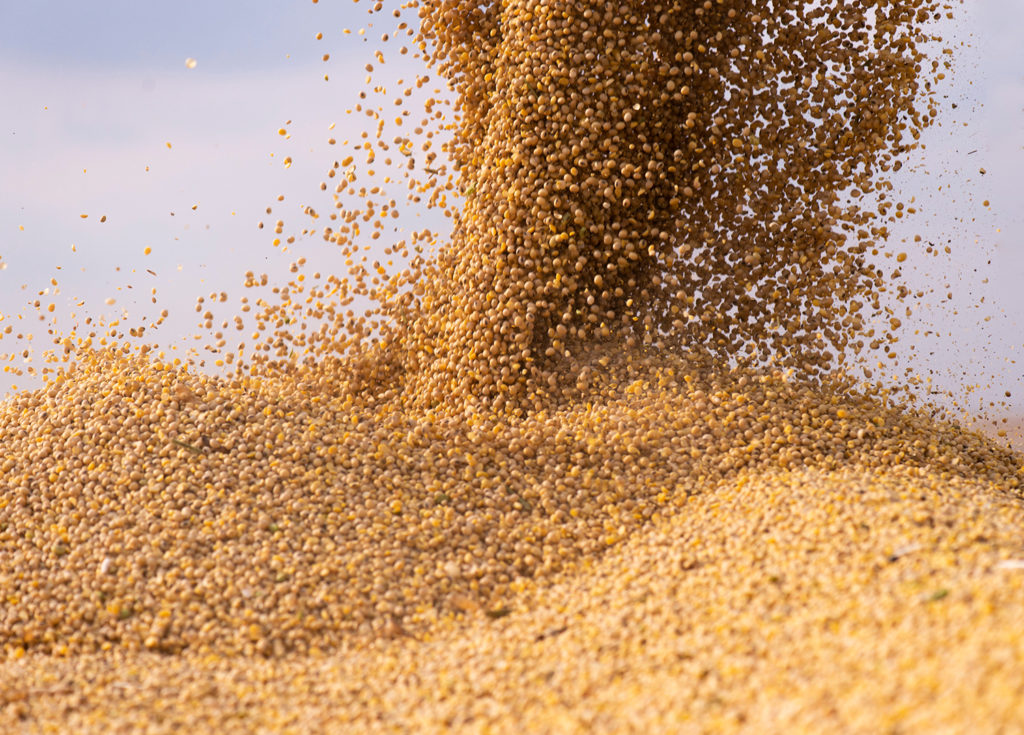
Aquafeeds
Soy helped build aquaculture into a global force. How far can it take it?
Soy has fueled the growth of aquaculture, but environmental and social concerns for some producing areas are prompting some fish farmers to take stock.
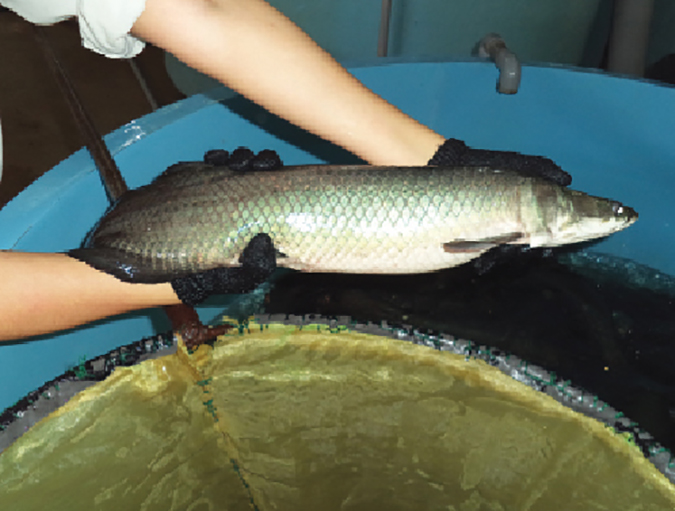
Aquafeeds
Soy-based feeds evaluated for production of Amazonian paiche
A cooperative feeding demonstration conducted by USSEC and Amazon Fish Products S.A. evaluated the use of soy to partially replace fishmeal in diets for paiche, or pirarucu, the largest freshwater fish species.
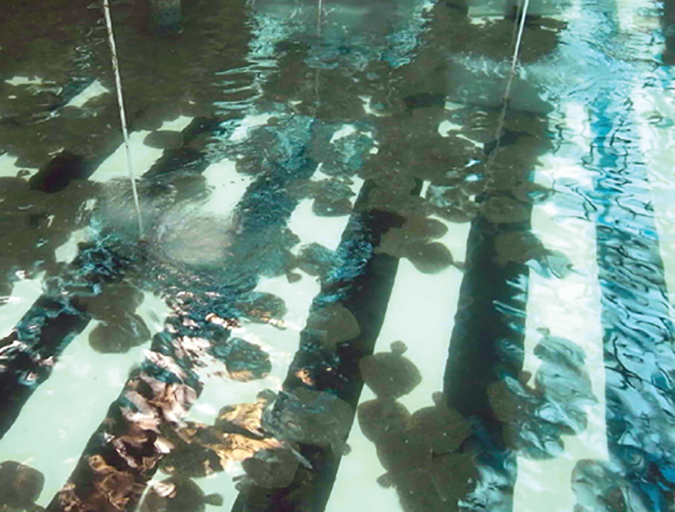
Aquafeeds
Turbot growth performance on soy-based feeds
Turbot are typically fed diets containing 45 to 65 percent fishmeal. In a study that gave turbot feed with 40 percent soy protein concentrate, the fish had decent growth and excellent survival.
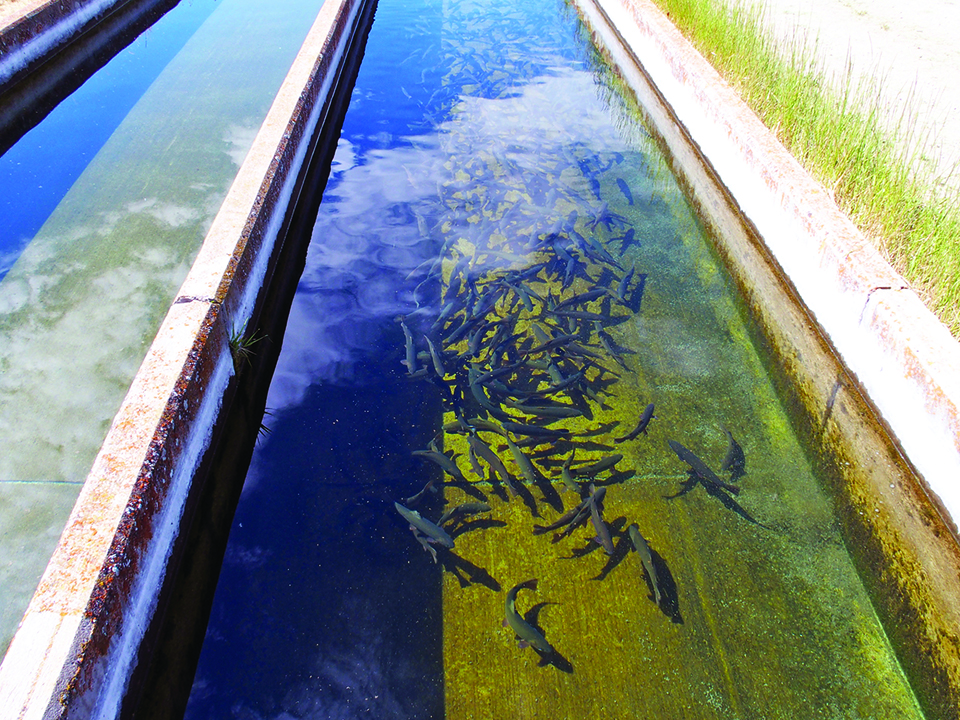
Aquafeeds
Breaking the 20 percent soy barrier in fish feed
Reduced performance in fish fed high-soy feeds has been blamed on antinutrients, low methionine content and palatability issues. Pretreatment to inactivate anti-nutritional compounds and supplementation with amino acids improves soy-based feed performance, but not to control levels.



